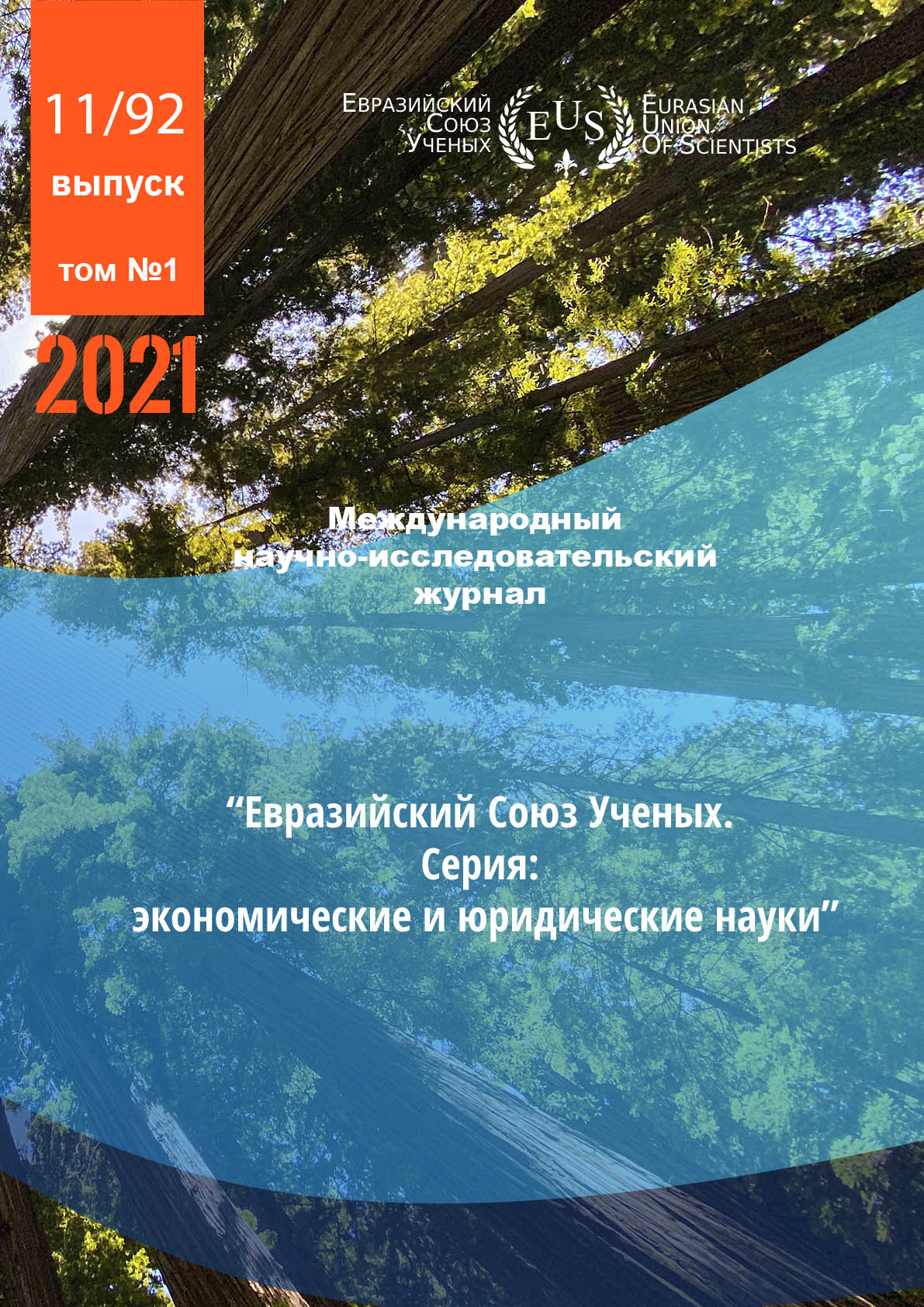ПРОБЛЕМЫ РЕАЛИЗАЦИИ НАЦИОНАЛЬНЫХ ПРОЕКТОВ В РЕГИОНЕ
Ключевые слова:
Республика Дагестан, регион, национальные проекты, экономическое неравенство, население, инвестиционная привлекательность
Аннотация
В статье рассматриваются основные проблемы реализации национальных проектов в Республики Дагестан. Между тем, подчеркивается, что внедрение проектного подхода для российской экономики имеет стратегическое значение, поскольку его применение способствует росту эффективности использования ресурсов, реализации целей модернизации экономики. Приоритетные национальные проекты представляют собой инновацию государственного управления, внедренную инициативой Президента РФ.
Литература
Alborova A.A Teoreticheskie podhody k vnedreniyu proektnogo upravleniya v deyatelnost regionalnyh organov gosudarstvennoj vlasti// Molodye uchenye v reshenii aktualnyh problem nauki: materialy VII Mezhdunarodnoj nauchno-prakticheskoj konferencii. Vladikavkaz: Vesta, 2017. S.180-183.
Balandina S.V. Analiz i osnovnye problemy realizacii nacionalnyh proektov//Studencheskij nauchnyj forum – 2015.[Elektronnyj resurs]. – URL:https://scienceforum.ru/, svobodnyj (data obrasheniya 17.12.2021).
Kostareva L.V. Realizaciya prioritetnyh nacionalnyh proektov v Rossijskoj Federacii: problemy i perspektivy: nauchnaya statya v zhurnale //Obshestvo, ekonomika, upravlenie. Izd. Chelyabinskogo gos. un-ta. - 2018. - Tom 3, № 1. S.37-43.
Magomedova M.M., Rabadanov R.M.Ugrozy i mery obespecheniya ekonomicheskoj bezopasnosti regiona (na primere RD) //V sbornike «Aktualnye
teoreticheskie i prikladnye voprosy upravleniya socialno-ekonomicheskimi sistemami» Materialy II Mezhdunarodnoj nauchno-prakticheskoj konferencii Moskva 2020. S. 124-126.
Magomedova M.M. Razvitie mnogourovnevoj regionalnoj ekonomiki v usloviyah cifrovizacii // Sbornik nauchnyh trudov po materialam Mezhdunarodnoj nauchno- prakticheskoj konferencii «Sovremennye problemy cifrovoj transformacii ekonomiki, obrazovaniya i gosudarstvennogo upravleniya» 1-4 dekabrya 2020.
Strizhkina V.N., Trubilina A.M. Nacionalnye proekty: nauchnaya statya v zhurnale //Sovremennyj nauchnyj poisk: socialno-gumanitarnye aspekty: sbornik nauchnyh trudov. – Zapadnyj: Nauchno-issledovatelskij centr «AntroVita», 2018. – 227 s. S.68-75.
Balandina S.V. Analiz i osnovnye problemy realizacii nacionalnyh proektov//Studencheskij nauchnyj forum – 2015.[Elektronnyj resurs]. – URL:https://scienceforum.ru/, svobodnyj (data obrasheniya 17.12.2021).
Kostareva L.V. Realizaciya prioritetnyh nacionalnyh proektov v Rossijskoj Federacii: problemy i perspektivy: nauchnaya statya v zhurnale //Obshestvo, ekonomika, upravlenie. Izd. Chelyabinskogo gos. un-ta. - 2018. - Tom 3, № 1. S.37-43.
Magomedova M.M., Rabadanov R.M.Ugrozy i mery obespecheniya ekonomicheskoj bezopasnosti regiona (na primere RD) //V sbornike «Aktualnye
teoreticheskie i prikladnye voprosy upravleniya socialno-ekonomicheskimi sistemami» Materialy II Mezhdunarodnoj nauchno-prakticheskoj konferencii Moskva 2020. S. 124-126.
Magomedova M.M. Razvitie mnogourovnevoj regionalnoj ekonomiki v usloviyah cifrovizacii // Sbornik nauchnyh trudov po materialam Mezhdunarodnoj nauchno- prakticheskoj konferencii «Sovremennye problemy cifrovoj transformacii ekonomiki, obrazovaniya i gosudarstvennogo upravleniya» 1-4 dekabrya 2020.
Strizhkina V.N., Trubilina A.M. Nacionalnye proekty: nauchnaya statya v zhurnale //Sovremennyj nauchnyj poisk: socialno-gumanitarnye aspekty: sbornik nauchnyh trudov. – Zapadnyj: Nauchno-issledovatelskij centr «AntroVita», 2018. – 227 s. S.68-75.
Опубликован
2021-12-16
Как цитировать
Ашуралиева , Д. 2021. «ПРОБЛЕМЫ РЕАЛИЗАЦИИ НАЦИОНАЛЬНЫХ ПРОЕКТОВ В РЕГИОНЕ ». EurasianUnionScientists, декабрь, 12-15. https://doi.org/10.31618/ESU.2413-9335.2021.2.92.1513.
Раздел
Статьи
CC BY-ND
Эта лицензия позволяет свободно распространять произведение, как на коммерческой, так некоммерческой основе, при этом работа должна оставаться неизменной и обязательно должно указываться авторство.







